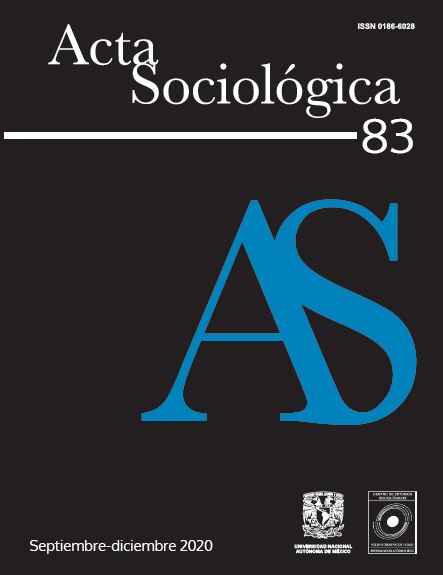Transforming to resist: alternative food network's resilience in the face of the COVID-19 emergency in Mexico City
Main Article Content
Abstract
The covid-19 pandemic enhanced and revealed social, environmental and economic problems that the hegemonic agroalimentary system exhibited even before the pandemic. Historically created to provide a solution to the problems of this system, alternative food networks have also suffered the effects of the sanitary emergency. From literature review and in-depth interviews, this work registers some of the responses, challenges and lessons of producers, consumers and coordinators of five alternative food networks in Mexico City during the process of adaptation to the new conditions. It also documents the role that some of the features of these networks had in their resilience to the changes generated by the pandemic. Our results highlight the importance, in terms of resilience, of the solidarity, trust and reciprocity relationships established among and within networks, as well as that of diverse communication media and software that enabled new distribution mechanisms. On the other hand, the lack of their own operation spaces, storage equipment and stable and sufficient resources, as well as a certain degree of centrality in their structure, implied more vulnerability of the alternative networks
Article Details
How to Cite
Bracamontes Nájera, L., & Benítez Keinrad, M. (2021). Transforming to resist: alternative food network’s resilience in the face of the COVID-19 emergency in Mexico City. Acta Sociológica, (83), 37–65. https://doi.org/10.22201/fcpys.24484938e.2020.83.81337
